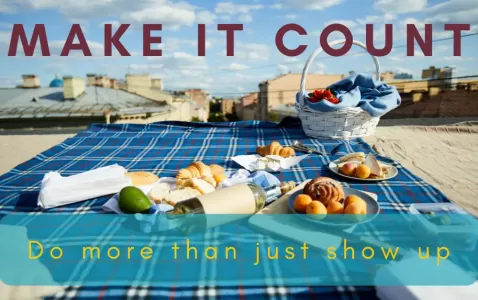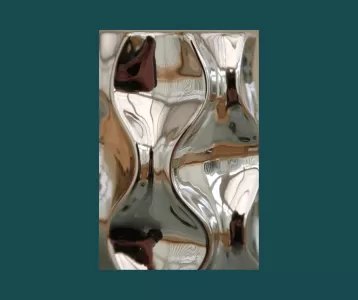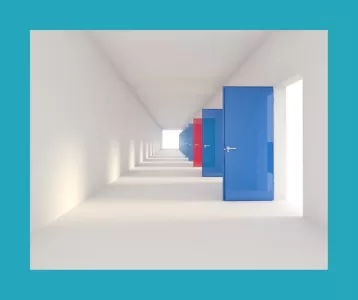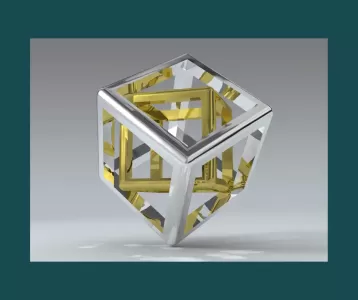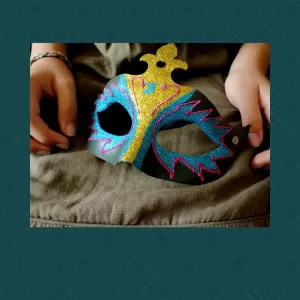Sustained Happiness Series - Pleasure, Effort, and Purpose: Pleasure
This is the first of three articles regarding living a life in which happiness is your constant companion instead of an occasional visitor.
There are many things that can make me happy in the moment. A joke, a double-fudge brownie ice cream, and my grandson’s giggle are a few that come instantly to mind. However, increasing the frequency, or quantity, of any of these will dull their experiences. For instance, eating ice cream once a month keeps the experience elevated, where having ice cream after every meal can change it to feel like the experience of eating spinach from a can.
What makes us happy in the moment is not enough on its own to have a life of sustained happiness. Psychologist Martin Seligman suggests sustained happiness comes from what we do. For an activity to contribute to our happiness over time depends upon the relationship of three characteristics. Those characteristics are: Pleasure, Effort, and Purpose.
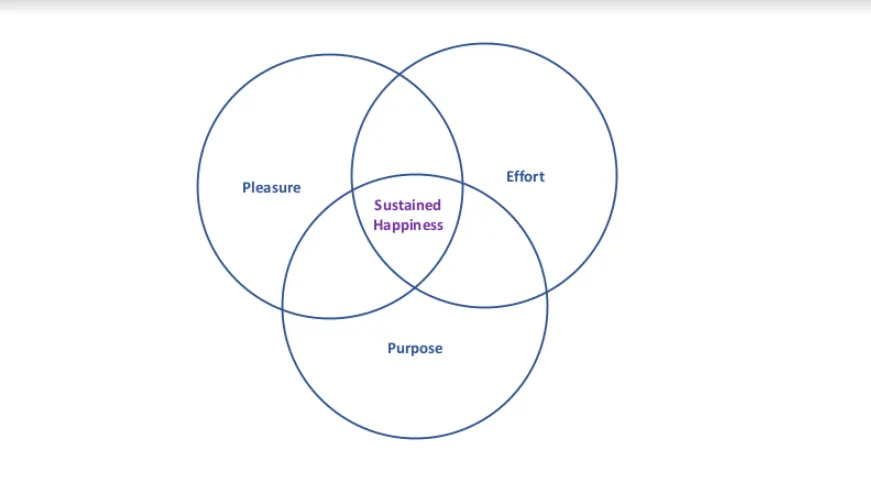
Using Seligman’s assertion of the presence of Pleasure, Effort, and Purpose in the appropriate proportions for us to experience happiness over time, how would this apply to the ice cream example? I am very clear in the enjoyment I have eating double-fudge brownie ice cream. The intensity of the enjoyment decreases as the frequency of having it increases. As with anything, experiencing something too much can cause them to lose their appeal.
Pleasure seems to be the easiest of the three characteristics because we inherently know what we like. Yet for my clients, they’ve reached a point where they can’t figure out what work they want to do. For them, work has been a drudgery, stifling them for way too long.
A friend of mine is a very talented programmer. She entered her profession because she enjoyed programming, yet today that joy is nowhere to be found. What changed? She changed. She lost her taste for her double-fudge brownie ice cream. Her work life focused on the tasks she was given, what the company needed, and what she needed to do to keep her salary to take care of her family. Her children are now leaving home to begin their lives, so her purpose for doing this drudgery is gone. Added to that, she isn’t finding programming the challenge or puzzle it once was. She can’t wait to stop doing it, but she doesn’t know what else to do.
The despair that is present for someone so accomplished can be overwhelming, even depressing. The person will feel trapped, frustrated, and angry. They can’t understand why they can’t figure out a solution. Her job, which she does extraordinarily well, is about problem solving, finding the solution. Shouldn’t this skill be ideal for solving this problem? Absolutely, if it were an academic question.
What we choose to do for work often has other requirements and influences beyond what we like and what we do well. Making money, having prestige, being of service, and keeping the family together are some of the influences that may take priority ahead of what makes us happy. Thus, work is expected to be what we do to make a living, a source of pride for enduring.
What you have done for the past 10-20 years doesn’t have to be what you do going forward, however. Teaching yourself how to notice what you like and learning to include this in your decisions is part of what is needed to have a life of sustained happiness.
I can help you get started on the path to career happiness. Feel free to contact me for a free consultation.
Next article will address the Effort required to have Sustained Happiness.


